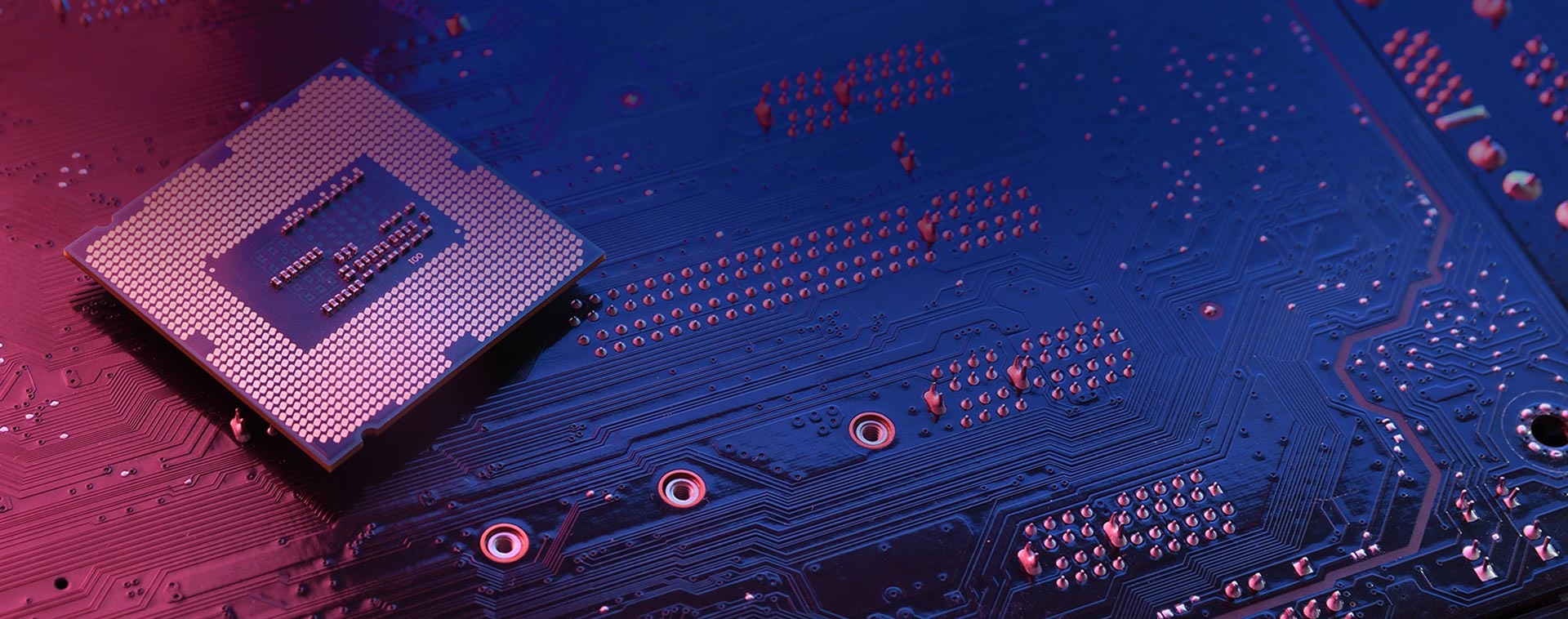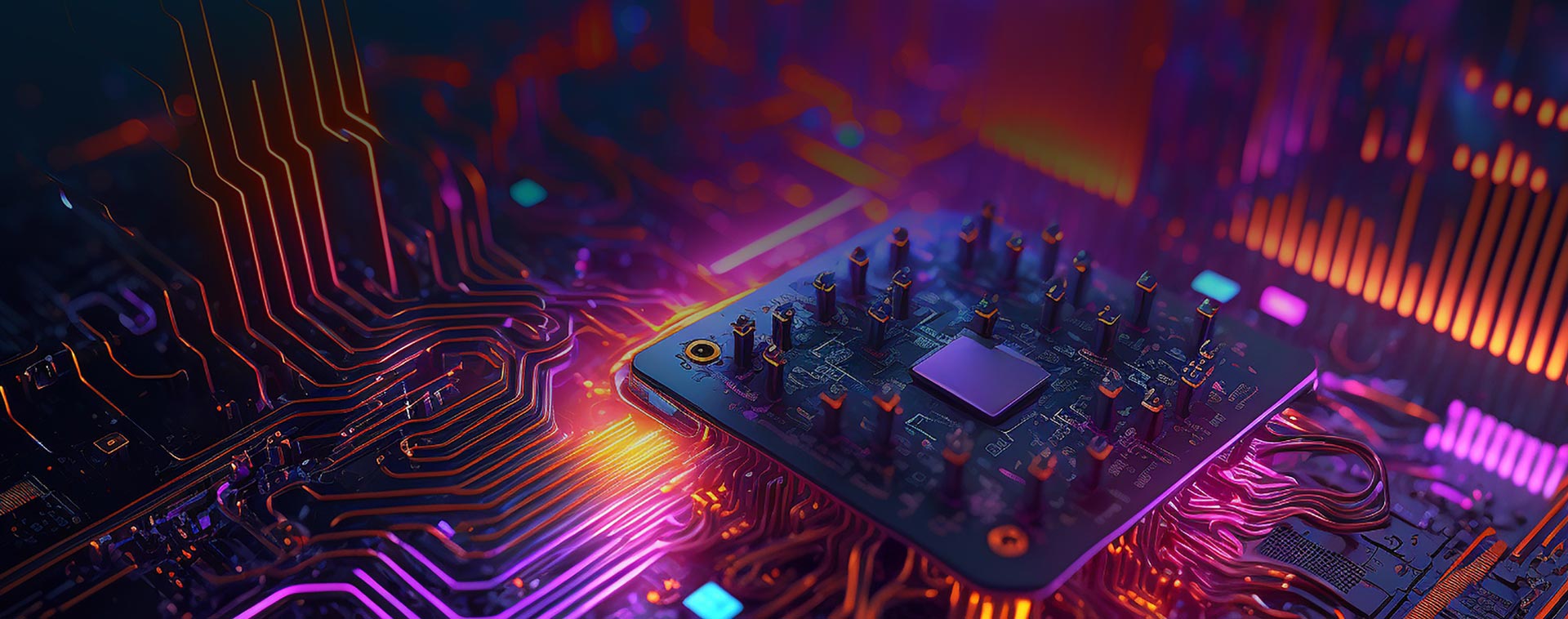Seminar Details
Energy harvesting is crucial today due to its potential to address multiple global challenges, including the increasing demand for energy, environmental sustainability, and the need for reliable power in remote or inaccessible locations. Traditional energy sources are becoming less useful due to their environmental impact, and the growing demand for sustainable and renewable alternatives. In such a scenario, ambient energy harvesting offers a sustainable alternative by utilizing natural sources such as sunlight, vibrations, heat, and electromagnetic waves. This technology enables the development of self-powered systems, reducing reliance on batteries and minimizing electronic waste.
Solar energy plays a vital role in energy harvesting because it is renewable, abundant, and produces no harmful emissions during operation. Small-scale solar systems are widely used in Internet of Things (IoT) devices, wireless sensor networks, and remote monitoring systems, where traditional power sources are impractical. Solar energy harvesting is better for wireless sensor nodes because it provides a continuous, renewable power source, eliminating the need for frequent battery replacements and reducing maintenance costs. It enables long-term, self-sustaining operation in remote or hard-to-reach locations, enhancing the reliability and efficiency of sensor networks used in environmental monitoring, and IoT applications.
Solar energy harvesting faces several challenges, including variability in sunlight, energy storage limitations, and mismatches between power generation and load requirements. These issues can lead to inconsistent power supply, reduced efficiency, and an increase in dependency on batteries. Maximum Power Point Tracking (MPPT) methods addresses these challenges by continuously optimizing the operating voltage and current of the solar panel to ensure maximum power extraction under changing environmental conditions.
Typically, DC-DC converters employing inductor-based or switched capacitor-based charge pump circuits are utilized for Maximum Power Point Tracking (MPPT). This research focuses on designing an efficient power conditioning circuit, specifically a DC-DC converter, to extract maximum power from solar panels for low-power electronic modules. Since these modules usually operate at a constant supply voltage, the secondary objective is to ensure the DC-DC converter provides a stable output voltage across the load.



